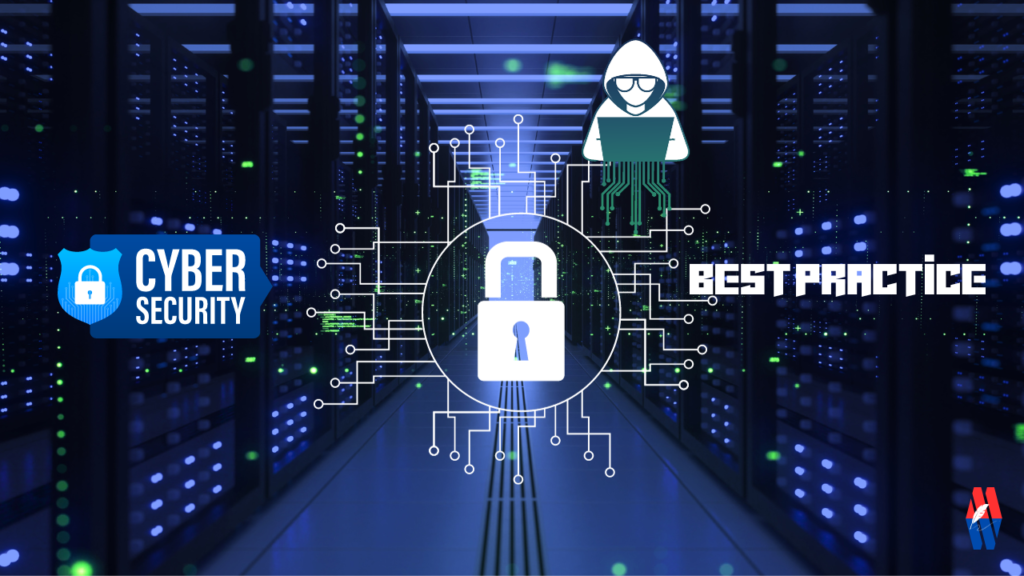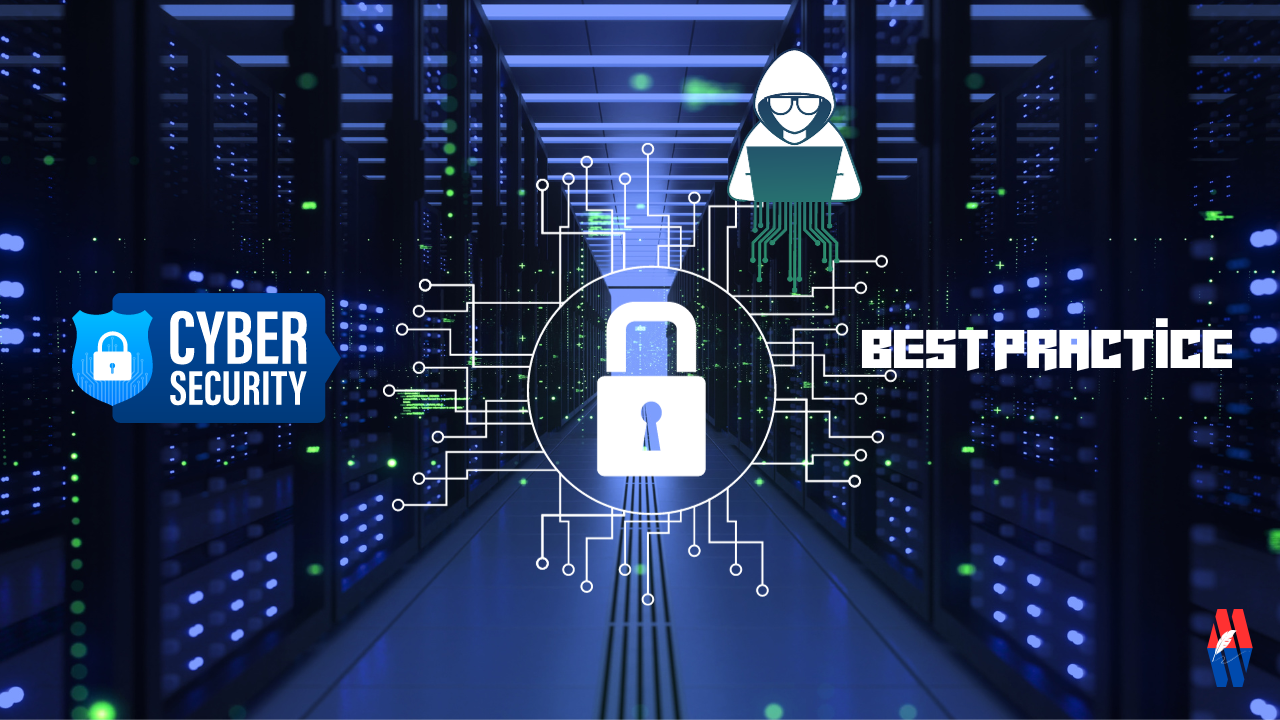In today’s digital age, where technology plays an integral role in our daily lives, the importance of cybersecurity cannot be overstated. As we rely more on the internet for communication, shopping, banking, and even entertainment, the need to protect our sensitive information from cyber threats has become paramount. In this article, we’ll provide a comprehensive overview of cybersecurity, covering everything from its fundamental principles to practical tips for staying safe online.

Table of Contents
Introduction to Unraveling the Secrets of Cybersecurity: A Simple Guide
Cybersecurity is the discipline of preventing theft, damage, or unauthorised access to computer systems, networks, and data. It encompasses various technologies, processes, and practices that are designed to safeguard information and systems from cyber threats. These threats can come in many forms, ranging from malicious software (malware) to hacker attacks and social engineering schemes.
Types of Cyber Threats
Cyber threats are diverse and constantly evolving. They include viruses, worms, ransomware, spyware, and more. Additionally, cybercriminals employ various tactics such as phishing and denial-of-service attacks to compromise systems and steal sensitive data.
Importance of Cybersecurity
The significance of cybersecurity cannot be overstated. Breaches can result in financial loss, damage to reputation, and even legal consequences. Moreover, the potential harm extends beyond individuals to businesses, governments, and critical infrastructure.
Key Principles of Cybersecurity
1. Confidentiality
By maintaining confidentiality, sensitive information is kept out of the hands of unauthorised people. This is achieved through measures like encryption and access controls.
2. Integrity
Integrity ensures that data remains accurate and unaltered. Data integrity measures help prevent unauthorised modifications.
3. Availability
Availability guarantees that data and systems are available when required. It includes disaster recovery planning and redundant systems.
Common Cybersecurity Measures
Password Management
Creating strong, unique passwords and regularly changing them is essential for preventing unauthorised access.
Antivirus Software
Antivirus software detects and removes malicious software that can harm your computer or steal your data.
Firewalls
Firewalls act as barriers between your network and potential threats from the internet, filtering out harmful traffic.
Regular Software Updates
Keeping your software up to date is crucial, as updates often include security patches.
Social Engineering Attacks
Phishing
Phishing is a deceptive practice where cybercriminals impersonate trustworthy entities to trick individuals into revealing sensitive information.
Spear Phishing
Spear phishing is a targeted form of phishing that tailors messages to specific individuals or organisations.
Social Engineering Techniques
Cybercriminals use psychological manipulation to exploit human weaknesses and gain access to information.
Data Encryption
Data encryption translates data into a code to prevent unauthorised access. It’s a vital component of data protection.
Incident Response and Recovery
Having a plan in place to respond to cybersecurity incidents is critical. It minimizes damage and helps with recovery efforts.
Cybersecurity Best Practices
Strong Passwords
Use complicated passwords that contain a combination of special characters, numbers, and letters.
Two-Factor Authentication (2FA)
To provide your accounts an additional degree of security, enable 2FA everywhere you can.
Safe Browsing Habits
Avoid suspicious websites and downloads. Clicking links in emails should be done with caution.
Cybersecurity for Businesses
Businesses must invest in robust cybersecurity to protect their assets and customer data. This includes employee training, network security, and compliance with industry regulations.
The Role of Cybersecurity Professionals
Cybersecurity experts play a crucial role in protecting organisations from cyber threats. They develop strategies, implement security measures, and respond to incidents.
Cybersecurity Regulations and Compliance
Various regulations, such as GDPR and HIPAA, require organisations to adhere to specific cybersecurity standards and protect customer data.
Emerging Cybersecurity Trends
As technology advances, new threats and trends emerge, such as artificial intelligence-driven attacks and quantum computing risks.
Challenges in Cybersecurity
The ever-evolving nature of cyber threats and the shortage of skilled cybersecurity professionals pose significant challenges.
Conclusion
In an increasingly interconnected world, cybersecurity is a critical concern for individuals and organisations alike. By understanding the principles of cybersecurity and implementing best practices, we can all contribute to a safer digital environment.
FAQs
- Which kind of cyberthreat is more prevalent?
- Phishing is one of the most common types of cyber threats, targeting individuals through deceptive emails or messages.
- Why is two-factor authentication important for online security?
- Two-factor authentication adds an extra layer of security by requiring users to provide two forms of verification before gaining access to an account.
- How can businesses protect themselves from cyber threats?
- Businesses can protect themselves by investing in robust cybersecurity measures, including employee training and network security.
- Which new developments in cybersecurity should you keep an eye out for?
- Emerging trends include AI-driven attacks and the potential impact of quantum computing on encryption.
- How should I proceed if I think there may be a cybersecurity incident?
- If you suspect a cybersecurity incident, it’s crucial to have an incident response plan in place. Contact your IT department or a cybersecurity professional for assistance.
In a world where cyber threats are ever-present, staying informed and proactive in safeguarding your digital assets is essential. By following the guidelines and best practices outlined in this article, you can significantly reduce your risk and contribute to a more secure online environment.


Very informative article keep post such good article.